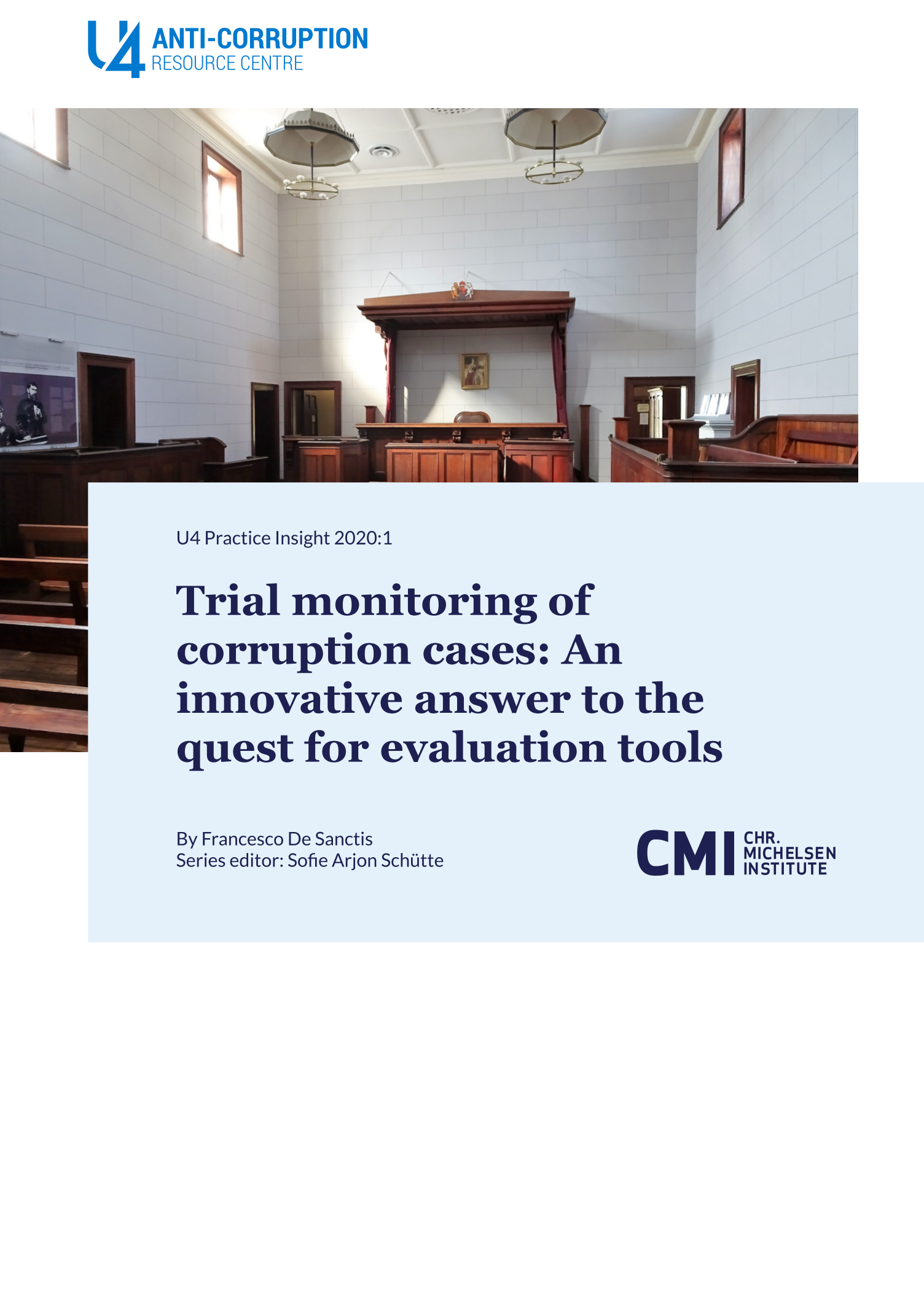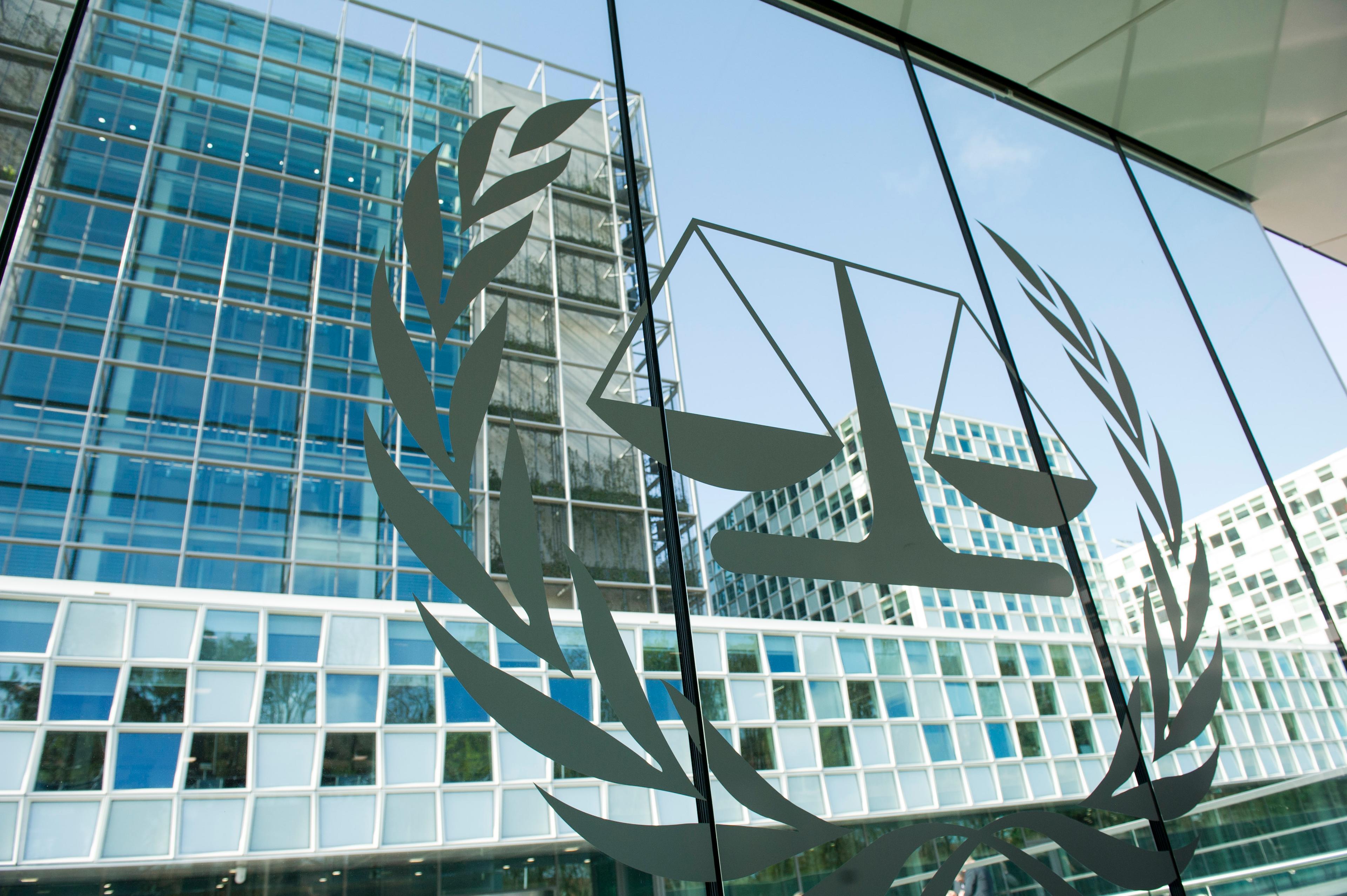Main points
- The prosecution and adjudication of grand and political corruption present unique challenges due to the legal and factual complexity of these crimes and the risk of undue political pressure in the process.
- Minimal attention has been given to devising and applying criteria and instruments for assessing the performance of the judiciary in processing corruption cases. In order to develop satisfactory tools for this task, it is important to understand those practices, policies, and reforms that work, and those that do not.
- Trial monitoring programmes have the potential to strengthen how we evaluate judicial response to corruption. A successful programme should incorporate a methodology for assessing all the features that a judicial system should have – impartiality, competence, and efficiency – and both qualitative and quantitative aspects of performance should be considered when assessing the effectiveness of a judicial system.
- Trial monitoring by independent organisations can be used as an effective instrument to enhance public and external scrutiny on the work of the justice system in tackling corruption.
- A new approach to trial monitoring could be adopted and implemented by international actors active in the field of anti-corruption and judicial reforms, and would enable the comparison of results across different jurisdictions.



